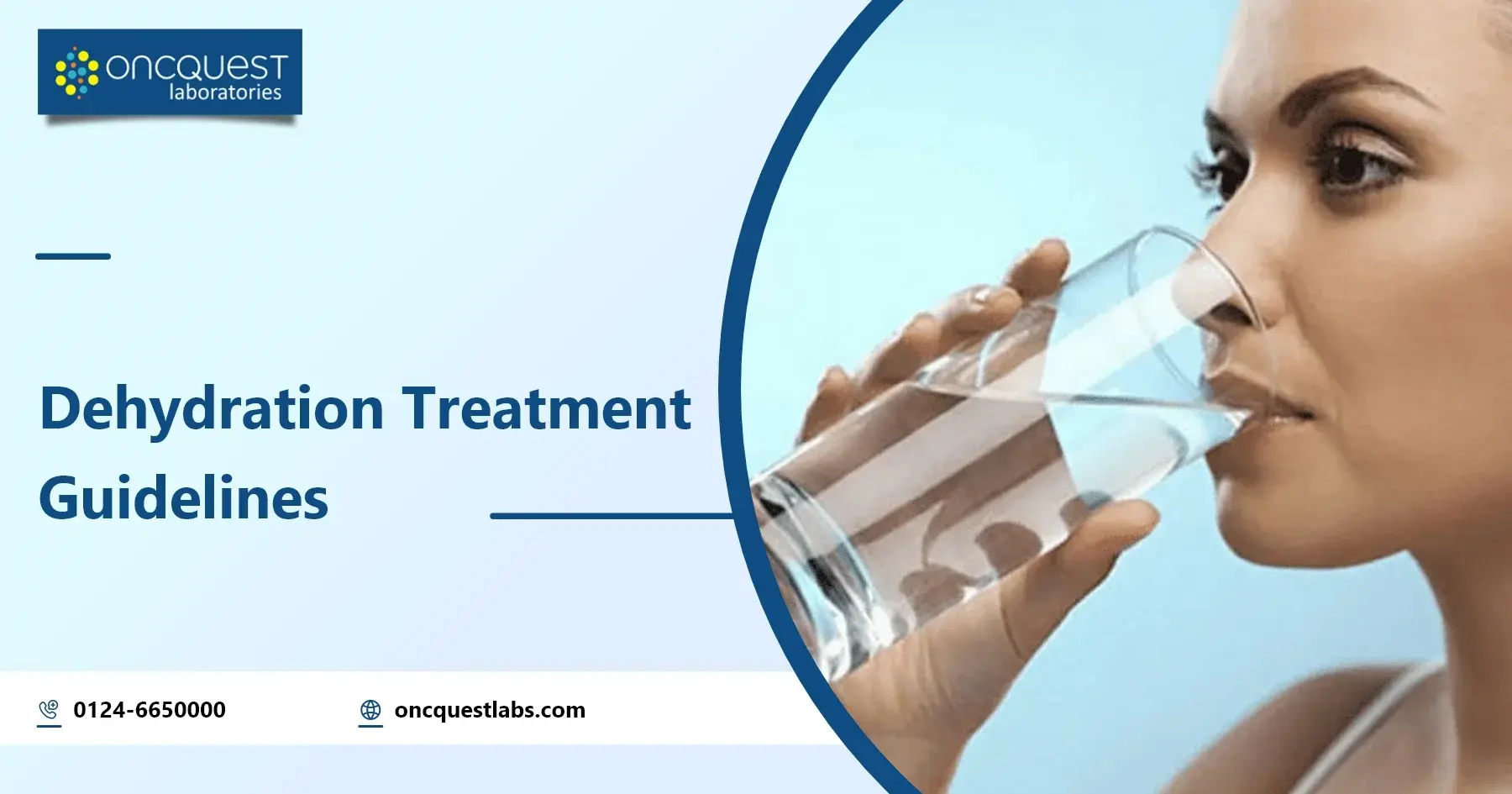Did you understand that our bodies want water to work properly, similar to automobiles wanting gas to run? When we do not drink sufficient water, it is known as dehydration. Dehydration can make us feel worn out, dizzy, or even ill. Think about a warm summer day when you play out of doors for a long time and overlook drinking water. That is when dehydration can appear. But do not worry; there are methods to treat it!
In this blog, we’ll talk about why drinking water is extraordinarily crucial for our bodies, a way to recognize if we’re dehydrated, and most importantly, what we will do to treat dehydration. It is like gaining knowledge of a great trick to help us stay healthy and robust! So, if you need to know more about maintaining your frame and staying hydrated, hold studying. We’ll proportion easy hints and hints to make certain you’re taking accurate care of yourself, irrespective of the weather or how busy you’re.
Contents
Types of Dehydration
| Mild Dehydration | Slight thirst, dry mouth, and darker urine |
| Moderate Dehydration | Increased thirst, dry skin, decreased urine output, fatigue, and dizziness |
| Severe Dehydration | Extreme thirst, very dry mouth, sunken eyes, rapid heartbeat and breathing, confusion, irritability, and in severe cases, unconsciousness |
| Isotonic Dehydration | Prolonged diarrhea, excessive sweating, or inadequate fluid intake |
| Hypertonic Dehydration | High fever |
| Hypotonic Dehydration | Kidney disorders |
What are Symptoms of Dehydration?
- Feeling constantly thirsty is a primary indicator of dehydration.
- Decreased moisture inside the body results in dryness in these areas.
- Dehydration causes urine to become more focused and darker in color.
- Lack of fluids can result in feelings of tiredness and lightheadedness.
- A decrease in the frequency of urination or a massive discount in urine quantity may be a sign of dehydration.
- Dehydration can contribute to complications and migraines.
- Severe dehydration can have an effect on cognitive characteristics and temper.
- Insufficient hydration can result in dry and irritated eyes.
- Dehydration may cause the eyes to seem sunken because of reduced fluid levels.
- In a few cases, dehydration can lead to a boom in heart charge and respiratory charge because the body attempts to make amends for fluid loss.
How Dehydration is Diagnosed?
Most doctors diagnose dehydration with symptoms. Low blood pressure is common in patients who suffer from dehydration. But sometimes it gets severe, so these tests are used to diagnose it. There are two tests: a blood test and a urine analysis. In blood tests, the level of sodium and potassium and the working of the kidney are checked. In urinalysis, the stage of dehydration and infection in the bladder is checked.
What are Treatments for Dehydration?
The simplest and most effective remedy for dehydration is to replace misplaced fluids and lost electrolytes. The first-rate method of dehydration treatment relies on age, the severity of dehydration, and its cause.
Give oral rehydration solutions to toddlers and youngsters who have suffered dehydration from diarrhea, vomiting, or fever. These solutions contain water and salts in particular proportions to fill up both fluids and electrolytes.
Start with approximately a teaspoon (five milliliters) every one to five minutes and increase as tolerated. It can be simpler to use a syringe for terribly younger children. Older children can be given diluted sports activity liquids. Use one component of sports activities to drink at least one component of water.
Maximum adults with moderate to moderate dehydration from diarrhea, vomiting, or fever can improve their condition with the aid of ingesting extra water or other drinks. If you work or exercise outdoors at some stage in hot or humid weather, cool water is your great wager. Sports beverages containing electrolytes and a carbohydrate solution can also be useful. Adult or kid who is seriously hydrated needs to be rushed to hospital.
Home Remedies for Dehydration
- The most truthful remedy for dehydration is to drink enough quantities of water at some stage in the day. Aim for a minimum of eight to 10 glasses of water daily, or extra in case you’re energetic or in hot weather.
- Filled with electrolytes like potassium and magnesium, coconut water is a refreshing and herbal way to rehydrate. It could additionally be beneficial for moderate dehydration.
- Available at pharmacies, Oral rehydration solutions packets incorporate a unique stability of salts and sugars to assist in refilling misplaced fluids and electrolytes. They’re in particular beneficial for preventing dehydration due to diarrhea or vomiting.
- Natural teas like chamomile, ginger, or mint may be soothing and hydrating. Avoid caffeinated teas, as they are able to have a diuretic effect, increasing fluid loss.
- Incorporate water-wealthy fruits and vegetables into your food regimen, consisting of watermelon, cucumber, oranges, and strawberries. Those foods not only hydrate but additionally provide crucial nutrients and minerals.
- Blend water with a pinch of salt, a teaspoon of sugar, and a dash of citrus juice (like lemon or lime) to create a self made electrolyte drink. This DIY answer can help top off electrolytes lost via sweat.
- Limit your intake of alcohol and caffeinated drinks, as they are able to contribute to dehydration through increasing urine output.
Frequently asked Questions
Q1: What is the best treatment for dehydration?
A1: The quality remedy for dehydration is to top off lost fluids and electrolytes by ingesting water, oral rehydration solutions (ors), or electrolyte-wealthy beverages like coconut water. In excessive instances, clinical attention may be important for intravenous (iv) fluid administration.
Q2: What is the first line treatment for dehydration?
A2: The first-line treatment for dehydration is oral rehydration solutions (ORS) containing a balanced mix of salts and sugars. These solutions help replenish lost fluids and electrolytes effectively, especially in cases of mild to moderate dehydration.
Q3: What is the fastest way to cure dehydration?
A3: The quickest way to cure dehydration is to drink water or oral rehydration answers (ors) containing electrolytes like potassium and sodium.
Q4: What is the best first aid for dehydration?
A4: The pleasant first resource for dehydration is to without delay drink water or oral rehydration answers (ors) to fill up lost fluids and electrolytes. Resting in a groovy environment and fending off strenuous sports can also resource in healing from dehydration.
Q5: What are 2 warning signs of dehydration?
A5: Two warning symptoms of dehydration include dry mouth and skin, in addition to feeling fatigued or dizzy. These symptoms can suggest that the body isn’t getting sufficient fluids to characteristic nicely, signaling the need for fast hydration.





